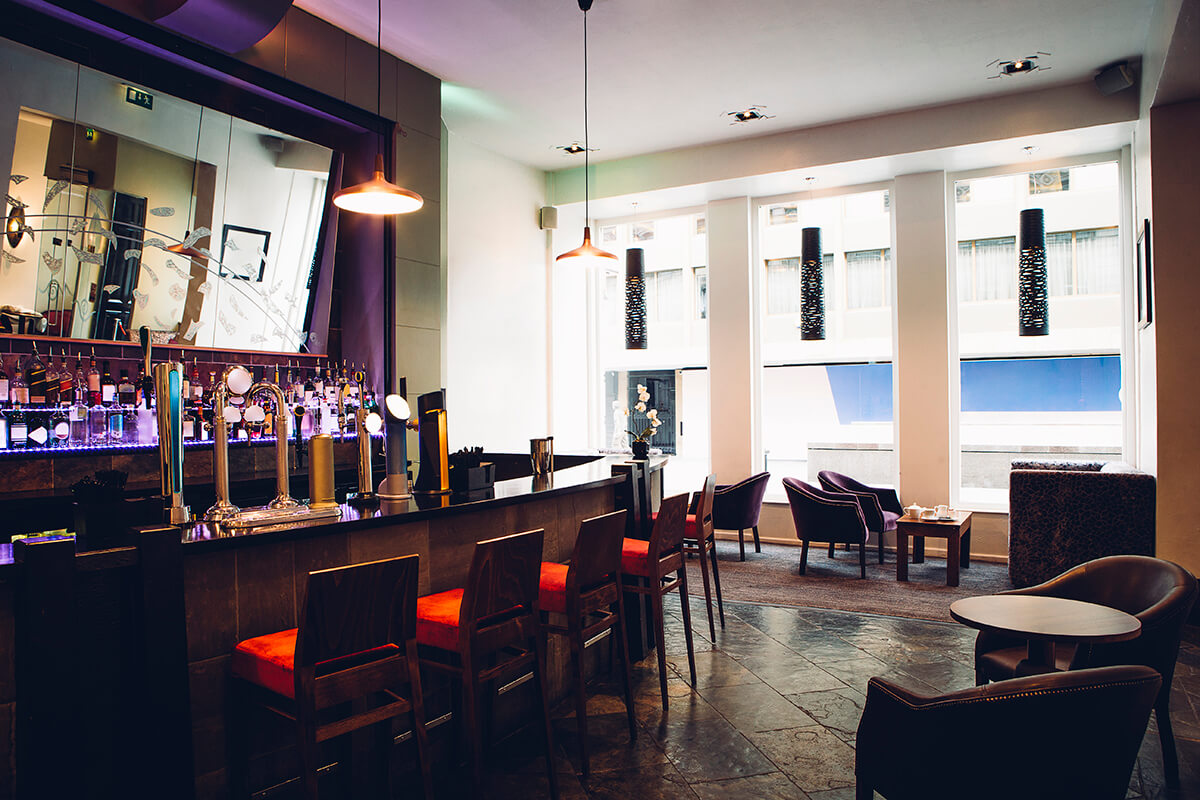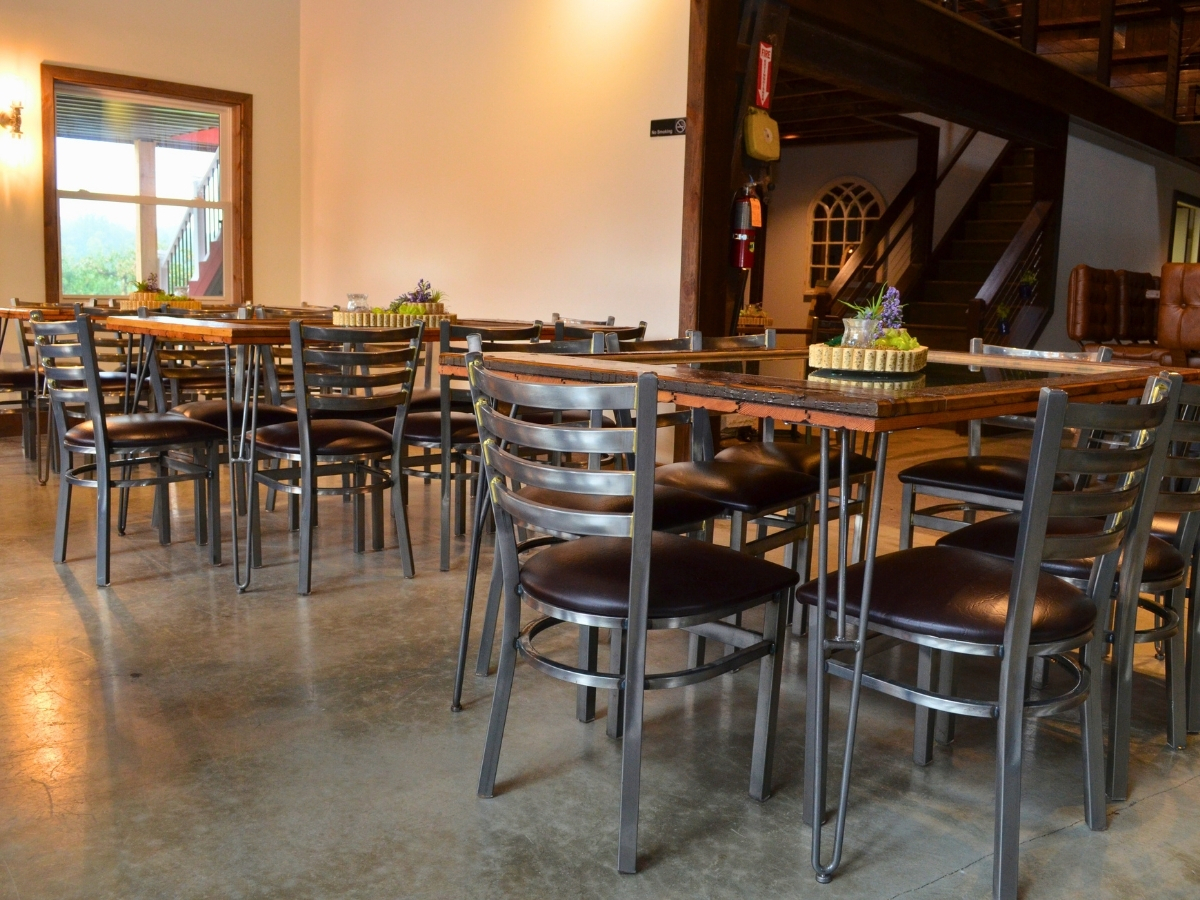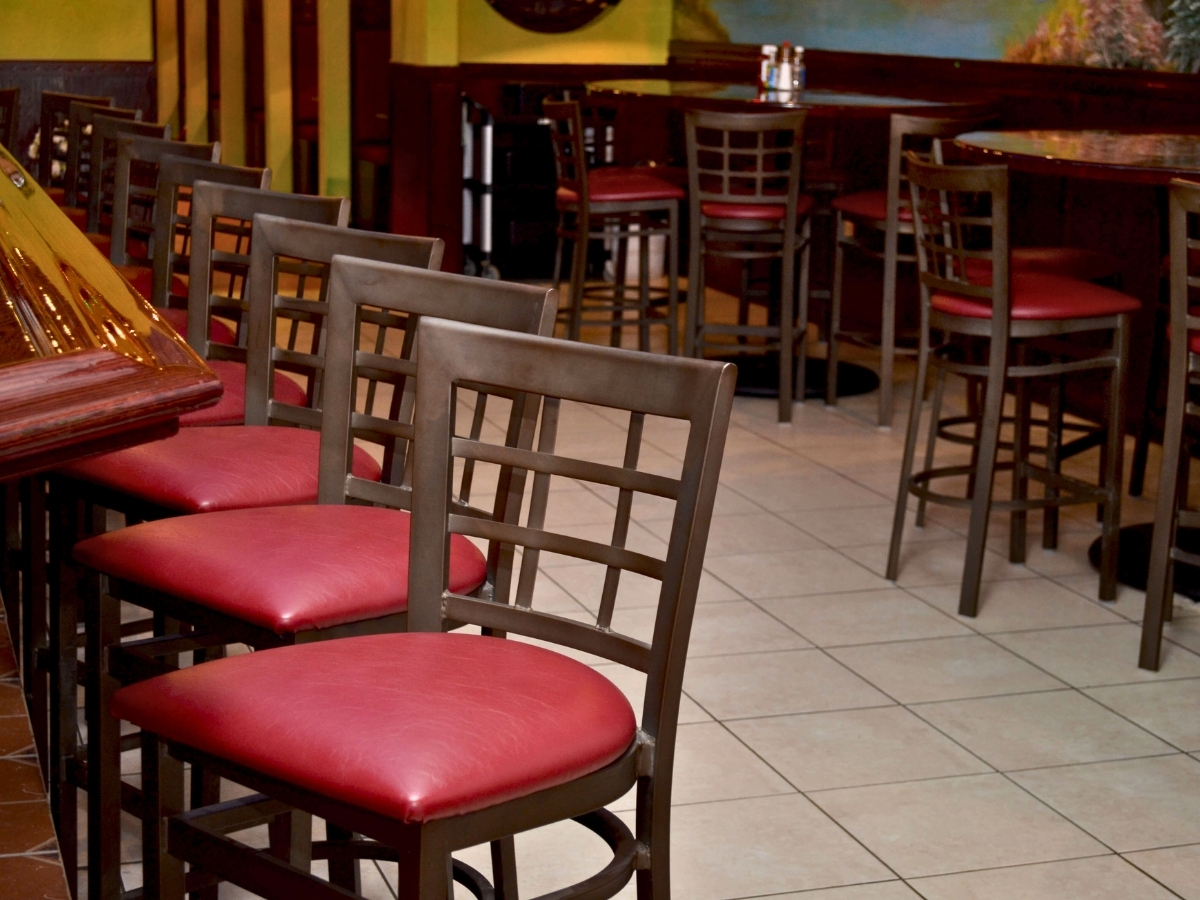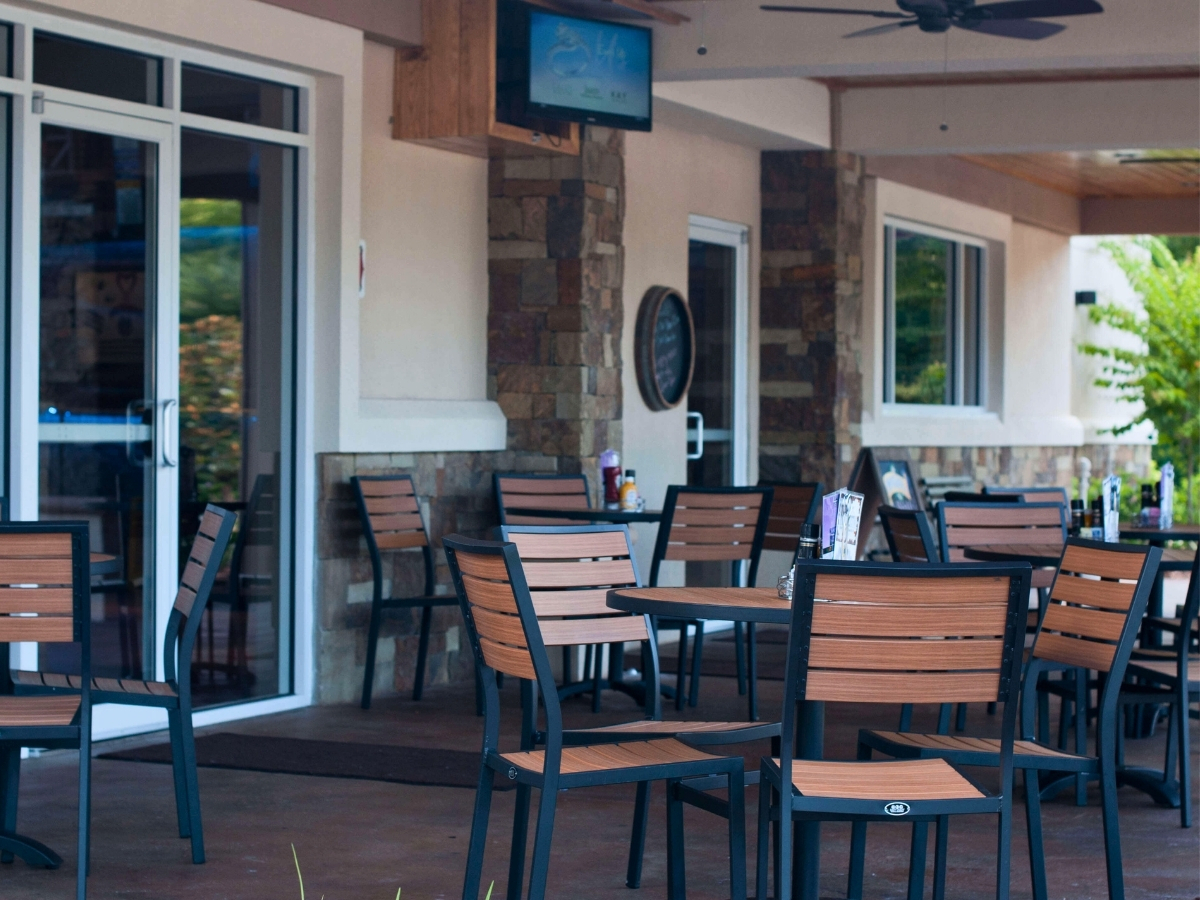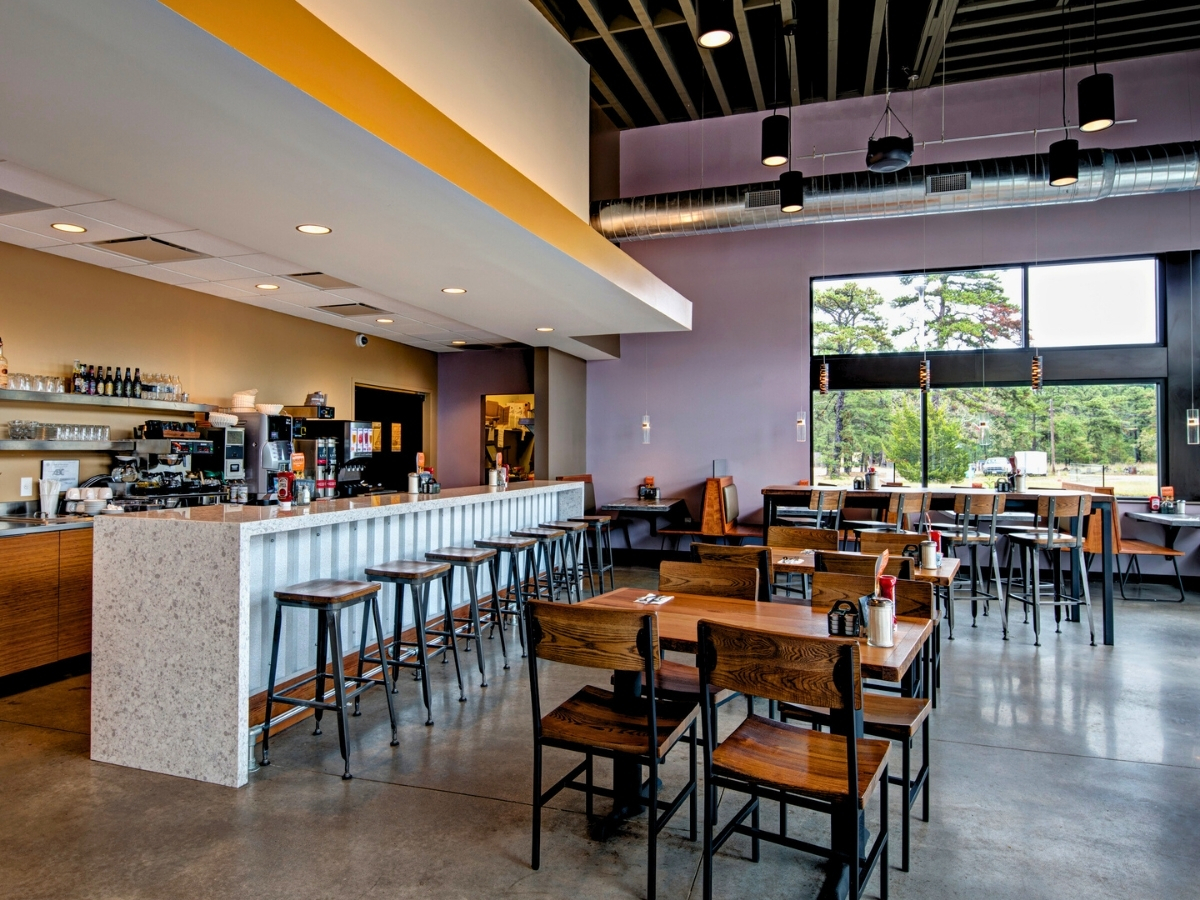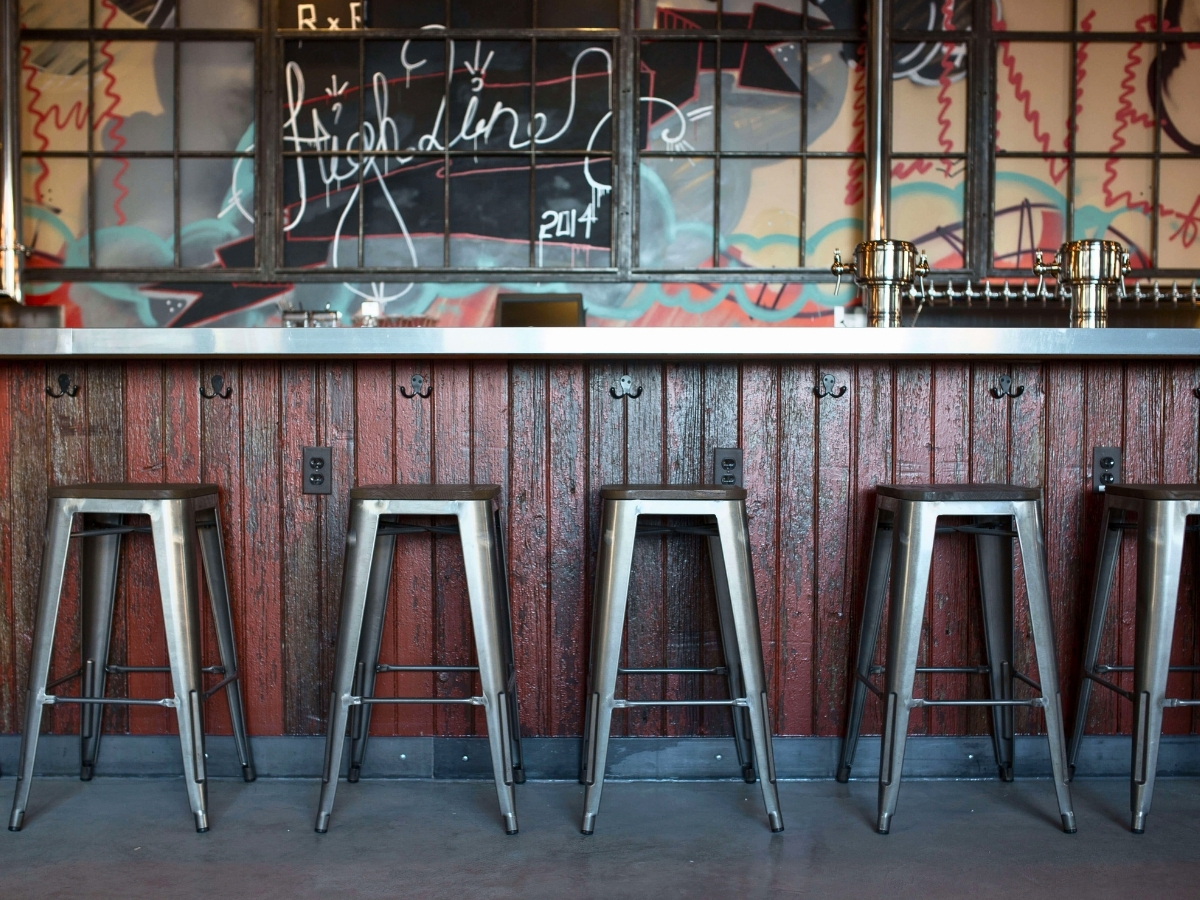Do you want to save money and improve the value of your restaurant?
If you’re leasing or renewing a lease, or at the beginning stages of opening a restaurant, bar, brewpub or other retail establishment, this article can help you.
I have had eight page leases and two hundred page leases in my career. It is imperative that you negotiate the best deal you can. When you decide to sell, what you decide today will play a part in what you sell for in the future. I have had underperforming restaurants and bars to sell over the years and because they had below market rent or a favorable lease we were able to leverage the value in the lease. Also, I’ve seen wonderful restaurants that are reasonably priced and profitable to sell, but have a lease that has unfavorable terms, rent is too high, not enough term on the lease, landlords reputation is difficult, the building is in disrepair… get the idea?
Restaurant Leases can be very lengthy and confusing, making them hard to fully comprehend and negotiate favorable terms for. Leases can be short and vague, or extensive and complex. You need to be aware of what you are agreeing to. The best way to do that is to review the terms carefully. Have the right people in your corner. Make sure they are licensed, understand commercial transactions and reputable. Your Broker can help you navigate the road blocks in your lease, and their knowledge of the market will help you get the best possible deal. Always have a seasoned real estate lawyer that focuses on commercial leases to review the lease prior to signing.
There is so much information to understand and be aware of that I picked a few main topics to discuss.
The LOI
Prior to a formal lease being signed, the Landlord or Real Estate Broker will draft a non-binding Letter of Intent (or LOI) stating the basic terms of the lease.
- WHAT: The Letter of Intent is a non-binding document, that sets the ground rules for the lease negotiation. The LOI simply creates a term sheet for the lease, so all parties involved are on the same page.
- WHY: The LOI creates the framework for negotiation before a binding contract is signed. When the Tenant, Broker, Landlord, and Lawyers involved review the LOI, all parties are on the same page prior to drafting the lease. It saves time for all parties by setting up the ground work.
How long should you commit to the lease?
The length of your lease term can vary, and you should be aware of the renewal options, as well as when to exercise them.
- Base lease terms generally last 5 to 10 years.
- Typically, the lease should have renewal options (5 to 10 years, matching the original lease term).
- The lease dictates when you need to give notice to the Landlord to properly exercise your options. This could be anywhere from 6 months to 2 years before the expiration of the lease. Make sure you pay attention to when this time period is in your lease.
Personal Guarantee Strategies
“I’m not signing a guarantee, why should I?” This puts you personally on the hook, financially, and defines obligation, risk, and liability. Some landlords make this a deal breaker but it doesn’t have to be. If you do not want to sign one consider some of the following strategies to eliminate or reduce liability.
- In lieu of a Personal Guarantee, sometimes you can negotiate a higher security deposit, a letter of credit, or a co-signer.
- Try to limit the Personal Guarantee to a specific time frame (2 years), or ask for Liquidated Damages.
- Negotiate to limit the Guarantee to the amount of rent, brokerage fees, and build-out costs.
How much rent can I afford to pay? What’s the secret sauce here.
The economics of the lease are critical for your success.
- To figure out, roughly, how much rent you should pay for a space, take your projected sales for the location and multiply it by the percentage of industry norms. This will give you your Occupancy Cost.
- 5% to 8% are average rental costs, 9% and above are high costs.
What is Percentage Rent?
Is additional money that is paid to the landlord only if you hit certain benchmarks. In Percentage Rent, the base rent can be lower. If you exceed the Break Point in sales, the Landlord will receive additional rent based on that percentage.
- It is calculated as an annual percentage based on gross sales that exceed a certain threshold. This is called the Break Point.
- Once you hit the Break Point in sales, you pay the difference between your Actual Sales and the Break Point, multiplied by the percentage agreed upon in your lease.
If you cannot negotiate the percentage rent out try the following:
- Make sure what the Landlord considers Gross Sales is defined in your lease.
- When your rent goes up, the Break Point should increase.
Common Area Maintenance (CAM)
If your space is in a Shopping Center, Strip Mall, Retail development there is a good chance you will be obligated for Common Area Maintenance (or CAM).
CAM: What Is It, And How To Save Money
The CAM clauses are often the least understood part of a lease, and can be the most expensive part. This is where your Lawyer will come in handy. CAM charges are additional fees tenants pay to offset the common area costs shared by the Tenants. CAM fees cover a variety of net charges, including Fixed & Variable Fees. Be sure to be aware of all the fees included in your lease.
- Fixed Fees include items such as Real Estate Tax, which may vary somewhat, but are generally similar year to year.
- Variable Fees are items such as snow removal, pest control, landscaping, and elevator maintenance.
What you need to know:
- Landlords typically want CAM terms to be broad. Ensure that the CAM terms in your lease specify the details of what you are responsible for and what the Landlord is responsible for.
Make Sure YOU Examine the Landlord’s records to make sure the CAM expenses are properly charged from the Landlord.
- You want to be able to cap the charges or negotiate a fixed fee for CAM charges. For example, a cumulative 5% cap setting a ceiling on annual increases to CAM fees.
What to watch out for:
Administrative & maintenance fees, lighting, roofing, capital improvements, electrical wiring, HVAC.
Look out for Use Clauses and Exclusive Clauses.
- Use Clauses restrict what you can do and can prescribe specific use. For example, they can restrict menu items. Make sure you’re fully aware of the restrictions put upon your restaurant during the lease terms.
- Exclusive Clauses prevent the Landlord from leasing to a similar business as yours within a set of terms. For example, another of the Landlord’s Tenants may not be able to have over 20 taps in their bar because you have exclusive rights to 20+ taps in one bar.
Should you Sublease or get an Assignment of the lease?
Subleasing is the leasing of part or all of the property held by a Tenant as opposed to the Landlord. The original Tenant still retains partial interest. Assignment means the current Tenant signs over the lease to a new Tenant or the Landlord, and transfers all interest.
- Before considering either of these options, you should find out if the lease allows subletting/assignment.
- Know ahead of time what the liabilities are for subleasing/assignment.
- Have a copy of the Master Lease (the original lease you signed) and all addendums.
- If you assign your lease the landlord may still want you to stay on the lease
Construction Improvements
Have your Contractor & Architect walk through the space prior to signing the LOI and lease. They need to be aware of the terms of the build-out as defined in your lease to best advise you on the build-out costs and timelines. This is a key component in your lease and can greatly impact you.
What you don’t know could cost you
- When leasing a Second-Generation space, the HVAC is a key feature to pay attention to. Make sure you ask the Landlord: How old is the HVAC? What is its expected life? Are you as the tenant responsible for upkeep, replacement, or repair? What is the tonnage?
Everyone wants a Patio
The Tenant is generally responsible for the maintenance of a patio. You should not be paying separate rent on a patio space. However, make sure your liquor license covers the additional square footage of your patio.
Liquor License tips
- First item of business is to make sure there is one available that is transferable. Know how much it costs.
- You need to get a timeline on how long it will take to transfer. Our office averages 6-8 weeks.
- Will the landlord allow a license? Make sure you pay attention to the Use and Exclusive clauses that exist.
- Pay careful attention to the Rent Commencement. If you got a too good to be true deal there might be an issue with the transferability of the license. To save a few thousand dollars and have to open without the license can be detrimental to the long term success.
I can’t begin to cover everything you need to know. There is still Build Out, Rent & Lease Commencement, Signage, Zoning, Permits, Defaults, Tenant Improvement Allowance, Free Rent. I can’t stress enough to make sure you have experienced professionals in your corner.
—
Terri Sokoloff, CBI, CNE, CRB, GRI/Broker
President Specialty Bar & Restaurant Brokers
Terri Ann Sokoloff is the President of Specialty Bar & Restaurant Brokers. She brings a high level of expertise to the clients of Specialty Group, offering more than 25 years of experience in the industry. She is a licensed real estate broker, a certified real estate brokerage manager (CRB) and a certified business intermediary (CBI). In addition to being active in professional organizations such as Commercial Real Estate Women, Urban Land Institute, Women’s Leadership Initiative, PA Restaurant Association, Former Advisory Committee of PA Culinary, Terri has also authored numerous magazine, newspaper, and pricing guide articles and has appeared as an expert on a variety of regional and national media broadcasts. She has been featured as a speaker at the Nightclub & Bar National Convention on the topic of “Selling Night Club & Bars” & for the PA Restaurant Association on the topic of “Confessions of a Restaurant Broker” and “Leases: Negotiation, Clauses, Mistakes, and Tips”.

